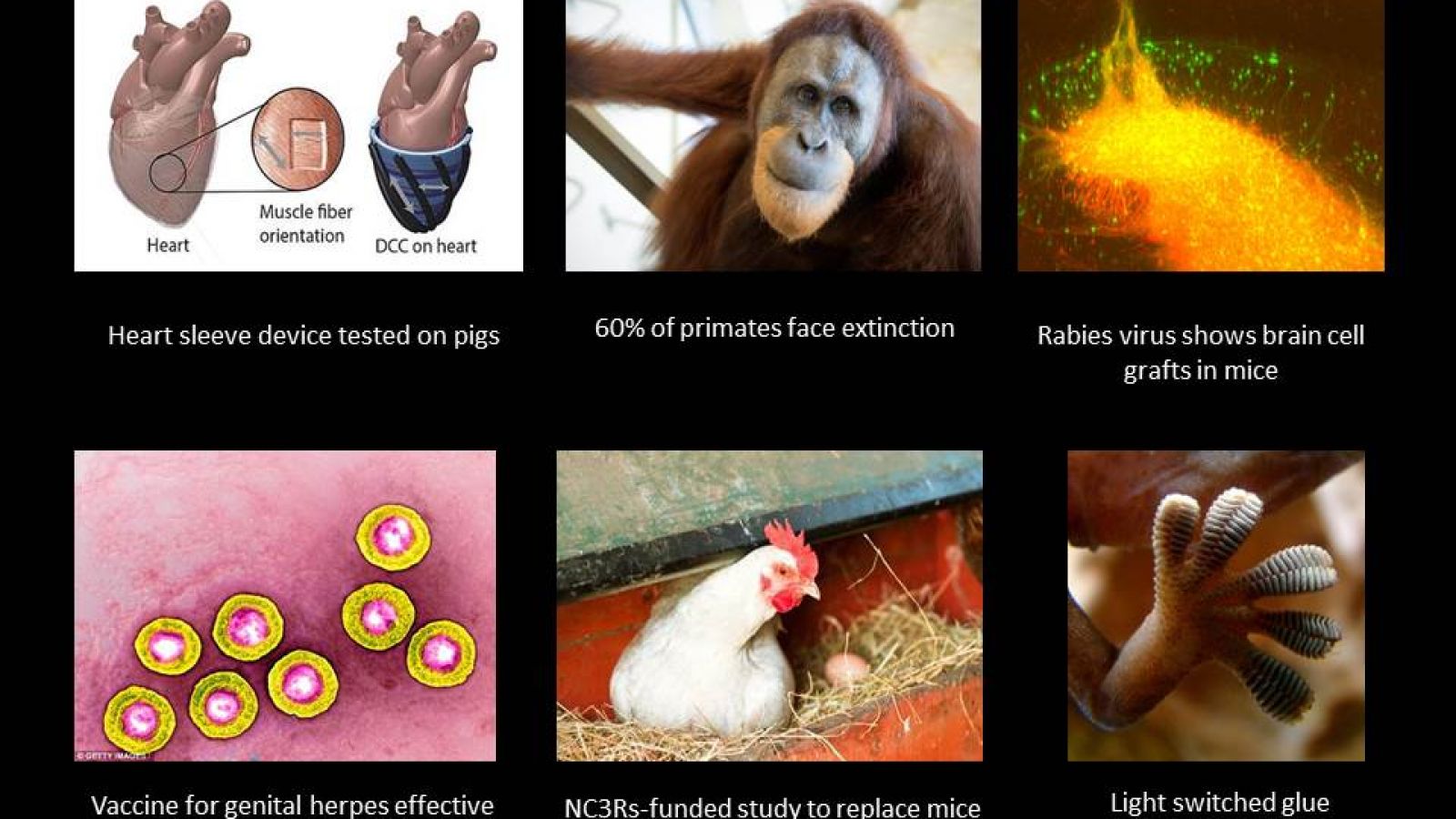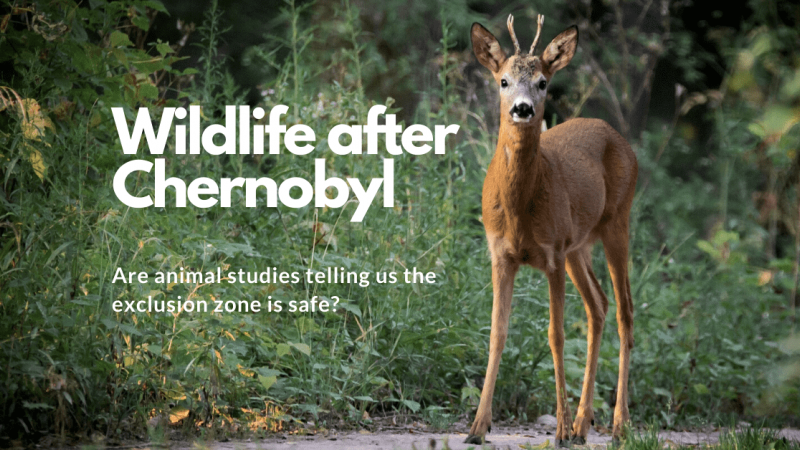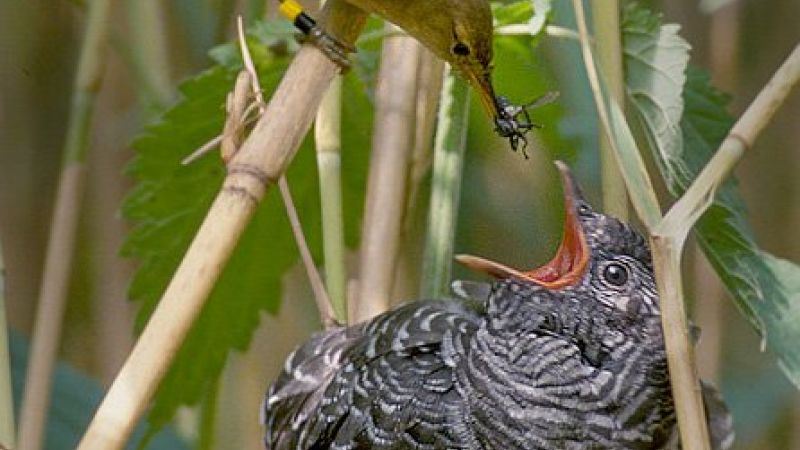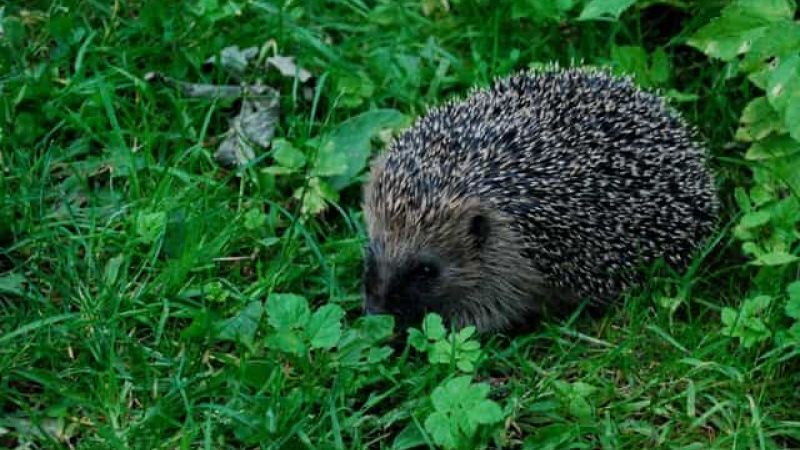
Robotic sleeve 'hugs' failing hearts
The sleeve - made of material that mimics heart muscle - hugs the outside of the heart and squeezes it, mimicking the action of cardiac muscle.
The early study, published in Science Translational Medicine, shows the concept works on pig hearts.
The British Heart Foundation describes it as a "novel approach" that requires further trials.
http://www.bbc.co.uk/news/health-38651596
http://www.sciencemag.org/news/2017/01/heart-hugging-device-could-help-keep-beat
Genital herpes vaccine effective in animal trials
The first ever effective genital herpes vaccine has succeeded in pre-clinical trials.
The three-dose injection, administered over six months, is the most promising formula ever created to target HSV2, the strain that causes infectious genital warts.
The new 'trivalent' vaccine induces antibodies against three different parts of the virus.
This includes two key components that normally help HSV2 escape attack from the immune system.
Though macaque monkeys do not develop genital warts, they show vaginal inflammation when exposed to the virus.
The vaccinated monkeys, however, had no reaction.
Next, testing wart-prone guinea pigs, barely any of the vaccinated rodents got genital lesions.
It did not eliminate the risk of transmission - scientists were still able to detect a small amount of the virus in their discharge.
http://www.dailymail.co.uk/health/article-4138240/Could-jab-STOP-genital-herpes.html
Gray foxes living in the mountains of California have been filmed deliberately rubbing themselves in the scent marks left by mountain lions.
They may be using the scent of the big cats, also known as pumas or cougars, as a sort of odour camouflage against other large predators such as coyotes.
Gecko glue
Researchers have developed a gecko-inspired dry adhesive system that uses UV light to switch and control its level of stickiness within seconds. The approach is faster and simpler than other photo-controlled adhesives.
60% of primates face extinction
The world's primates face an "extinction crisis" with 60% of species now threatened with extinction, according to research.
A global study, involving more than 30 scientists, assessed the conservation status of more than 500 individual species.
This also revealed that 75% of species have populations that are declining. The findings are published in the journal Science Advances.
http://www.bbc.co.uk/news/science-environment-38652196
NC3Rs-funded study to replace mice with chick eggs
A clever new method of using chick eggs could replace some mice studies into bone regeneration. Replacement methods like these are at the heart of the 3Rs Replacement and Refinement, aimed at improving lab animal welfare.
http://www.nc3rs.org.uk/news/out-box-egg-new-way-studying-human-bone-repair
A New TB vaccine on the horizon?
The first new tuberculosis vaccine this century could be on the horizon after promising results in mice. The vaccine uses natural polyester "biobeads" that can display antigens to the TB bacteria.
https://www.alnmag.com/news/2017/01/cleverly-designed-tuberculosis-vaccine-shows-promise-mice
Last edited: 9 March 2022 12:39




